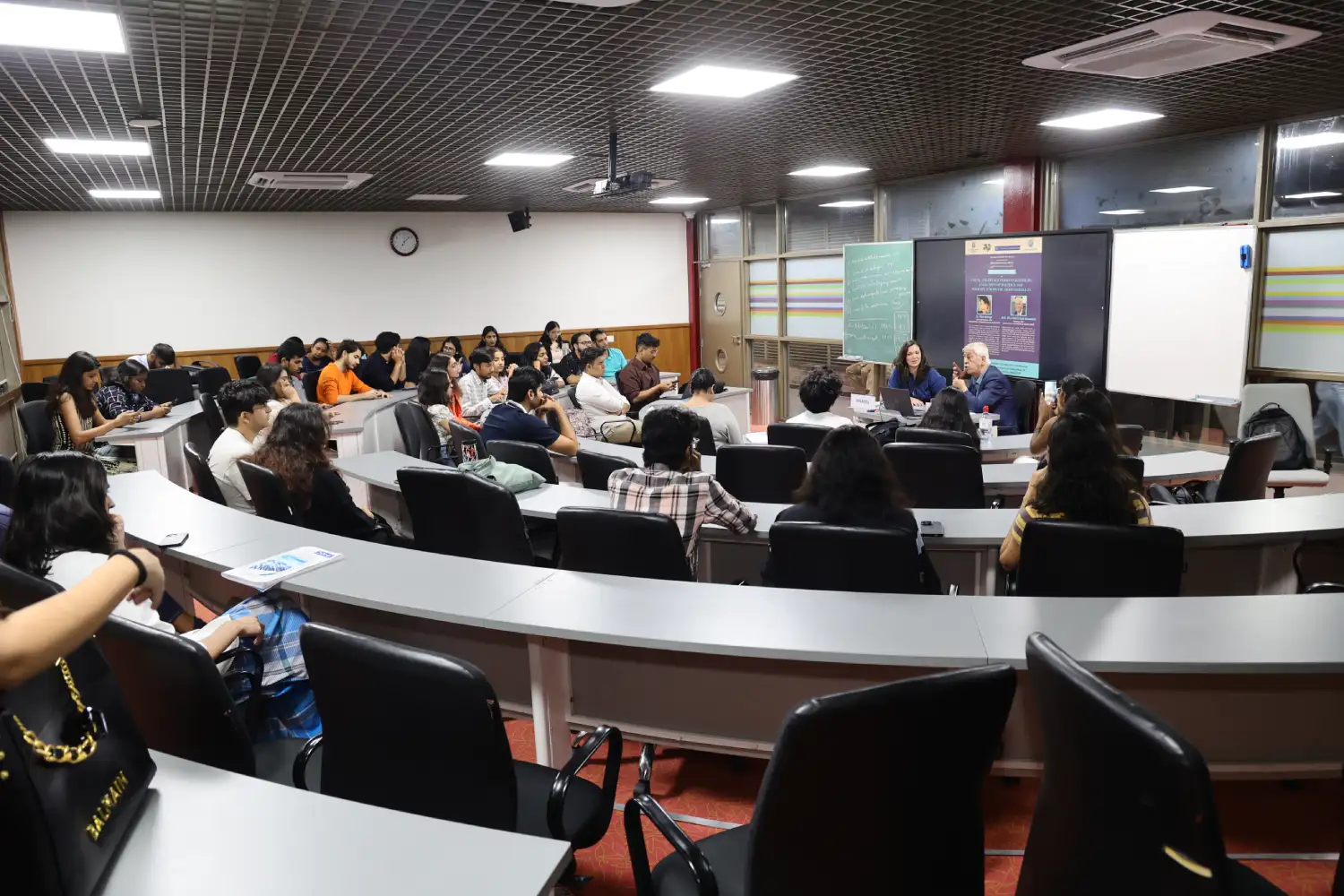Introduction
India has made a significant stride in updating its immigration laws by introducing the Immigration and Foreigners Bill, 2025. The bill, recently passed in the Lok Sabha, aims to consolidate existing immigration laws while ensuring national security and economic development. For students pursuing international relations courses in India, this serves as a valuable case study on how nations shape their foreign policy and regulate cross-border travel.
Know the Immigration and Foreigners Bill, 2025
The Immigration and Foreigners Bill, 2025 has been introduced to consolidate and modernise India’s immigration laws. It seeks to replace four existing acts:
- Passport (Entry into India) Act, 1920
- Registration of Foreigners Act, 1939
- Foreigners Act, 1946
- Immigration (Carriers’ Liability) Act, 2000
By streamlining these laws, the bill aims to strengthen India’s diplomacy and foreign policy by establishing a more structured system for handling foreign visitors and immigrants.
Key Features of the Bill
The bill introduces new provisions to:
- Regulate Foreign Entry: It establishes a formal system for tracking foreign nationals entering India, including their purpose of visit and duration of stay.
- Curb Illegal Immigration: Foreigners who overstay their visas or enter the country without legal permission will face stricter enforcement measures.
- Enhance National Security: The bill addresses security concerns by identifying and taking action against individuals involved in illegal activities such as drug trafficking, arms smuggling, and financial crimes.
- Promote Economic Growth: While prioritising national security, the bill also aims to make India a favourable destination for skilled professionals, students, and investors who contribute to the country’s development.
How Can The Bill Impact India’s Foreign Policy?
This new legislation is not just about immigration; it is closely linked to Indian foreign policy. Countries with strong economic and diplomatic ties with India will closely observe how the law affects visa policies, international cooperation, and bilateral agreements.
For students studying international relations courses in India, the bill serves as a real-world example of how the foreign policy of India is evolving to balance security concerns with economic aspirations.
Why Does This Matter for Students?
For students aspiring to build careers in international relations, diplomacy, or global policy-making, understanding immigration laws is essential. The Immigration and Foreigners Bill, 2025 provides insights into:
- How nations regulate foreign entry and exit
- The balance between security and economic collaboration
- The role of immigration policies in shaping diplomatic relations
How Can a B.A. (Hons.) Diplomacy & Foreign Policy From Jindal School of International Affairs Offer an Edge?
The B.A. (Hons.) Diplomacy & Foreign Policy at Jindal School of International Affairs (JSIA) provides students with a structured, in-depth understanding of global diplomacy and foreign policy-making. Unlike generic international relations courses, this programme focuses on both theoretical frameworks and practical applications, preparing students for real-world diplomatic challenges.
With a curriculum covering global security, public diplomacy, and economic statecraft, students gain exposure to key issues that shape India’s foreign policy. The programme integrates research, language training, and fieldwork, offering hands-on experience in diplomatic negotiations and international governance.
Furthermore, the opportunity to specialise in areas like defence studies, human rights, or global economic policy allows students to develop expertise aligned with their career goals. By engaging in internships, study-abroad programmes, and research projects, graduates are well-positioned for roles in foreign services, think tanks, and global institutions.
Conclusion
India’s Immigration and Foreigners Bill, 2025, marks a significant step towards modernising its immigration policies while maintaining strong diplomatic relations. For students pursuing international relations courses in India from JSIA, this development serves as an important case study on how nations formulate policies that impact both national security and global cooperation.
By understanding such legislative changes, students can deepen their knowledge of diplomacy and foreign policy, preparing for careers in global governance, international law, or diplomatic services.
FAQs
Unlike traditional international relations programmes, JSIA incorporates Introduction to Diplomatic Practice in the first year itself. Students engage in simulated diplomatic negotiations, treaty drafting, and case studies on real-world conflicts. Additionally, mandatory internships at embassies, think tanks, and international organisations provide direct exposure to diplomatic processes.
JSIA doesn’t just offer language courses as electives; they are integrated into the core curriculum. Students take up to five levels of Mandarin, French, Spanish, or German, ensuring proficiency in a foreign language—an essential skill for diplomats, policy analysts, and international journalists.
Students with a CGPA of 7.00 or above can opt for the B.A. (Hons.) with Research in Diplomacy & Foreign Policy. In the final year, they take a Research Writing and Design Colloquium and submit a dissertation instead of regular electives, preparing them for M.Phil./Ph.D. programmes or research roles in international institutions.
JSIA offers multiple international pathways, including a dual degree with partner universities and a King’s College London pathway programme leading to an M.Sc. in Global Affairs. Semester exchange programmes with Sciences Po, University of Warsaw, and Sabancı University allow students to gain international academic exposure, making them competitive for global careers in diplomacy, policy analysis, and international law.
Yes, JSIA allows students to specialise in five distinct areas: Peace and Conflict Studies, Economics and Foreign Policy, Defence and National Security, Human Rights and International Development, and Global South Studies. Students can earn a specialisation certificate by taking three electives from a cluster and completing a research internship with a JSIA-affiliated research centre.
Sources
[1] OpIndia
[2] India Briefing
[3] NDTV
[4] PRS India
[5] India Today
[6] News18
[7] DD News
[8] Business Standard
[9] TV9 Bangla





